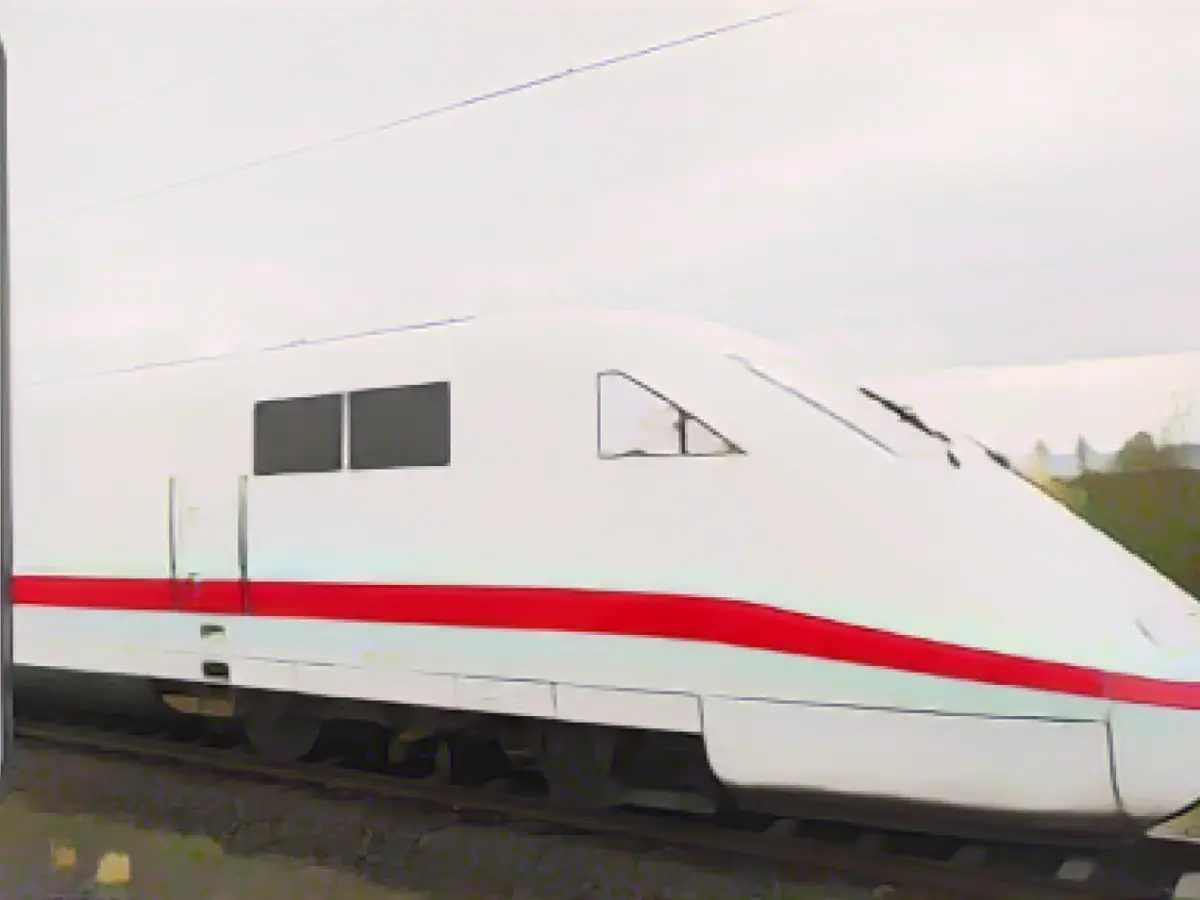Deutsche Bahn in Hot Water Over Potential Strike Threat by Rail Workers' Union
Germany's transportation sector is abuzz, straining under the specter of impending unrest. The German Train Drivers' Union (GDL) has flung a spanner in the works, announcing a potential warning strike against Deutsche Bahn for this Thursday evening, continuing through Friday night. The bombshell announcement has rippled uncertainty throughout the transportation sector.
The potential fallout of this GDL-led rail strike for German commuters and businesses could see a rise in traffic congestion, triggering potential disruptions in both road and rail traffic. Such an event might compel the German government to implement temporary tariffs on alternative transportation methods. According to preliminary reports, this industrial action has already caused considerable disruptions to regional, long-distance, and freight traffic in Germany.
Impacts and Potential Fallouts
Germany's economic prowess may take a hit due to this strike, resulting in significant losses. An estimated 100 million euros ($107 million) in economic output could be lost during a single-day nationwide rail strike, as per Michael Groemling, head of economic affairs at IW Koeln.
Sustained strikes could bring about substantial disruptions in both regional and long-distance traffic across Germany, affecting passengers and freight services. Germany's reputation as a dependable business location may take a beating, now and in the future, deterring foreign investment and diluting its competitiveness in the global economy.
Companies like Bentheimer Eisenbahn AG might endure substantial losses and risk alienating valued clients. Losses could lead to reduced productivity and even job losses, impacting business operations and consumers.
Changing Tide of Power Dynamics
The increasing frequency of strikes might signal an evolving power dynamic in Germany's labor market, leading to escalating labor costs. This could result in an unfavorable position for Germany's products on the international stage.
The Escalating Spiral of Industrial Action
An extended rail strike might push Germany into a recession, further exacerbating its economic growth and competitiveness. The uncertain political climate, fueled by an approaching federal election, may complicate matters further.
Potential Solutions
The parties involved — Deutsche Bahn and EVG — must strike a swift deal to minimize disruptions. Concluding negotiations before the election can help prevent political complications, ensuring a smoother operational landscape.
Early wage discussions are essential to curb disputes from escalating. Both parties should work towards a long-standing yet flexible agreement that adapts to economic conditions.
Alternative transportation options, such as ride-sharing services, e-scooters, and e-bikes, could provide temporary respite. Effective communication and planning, along with smart investment in infrastructure, could avert significant damage.







